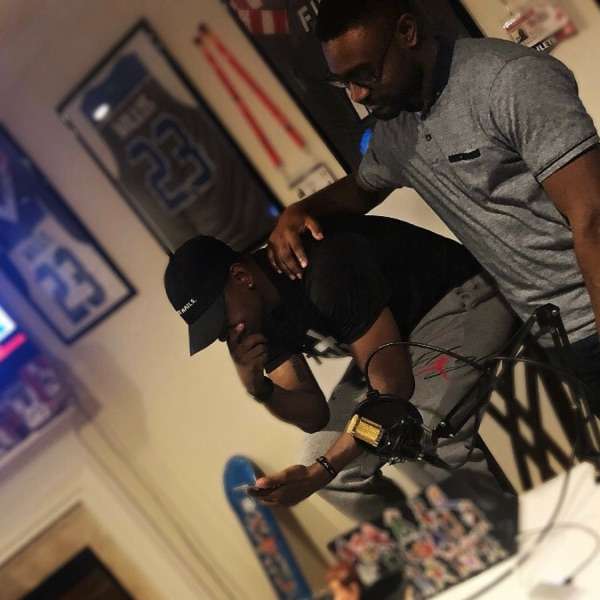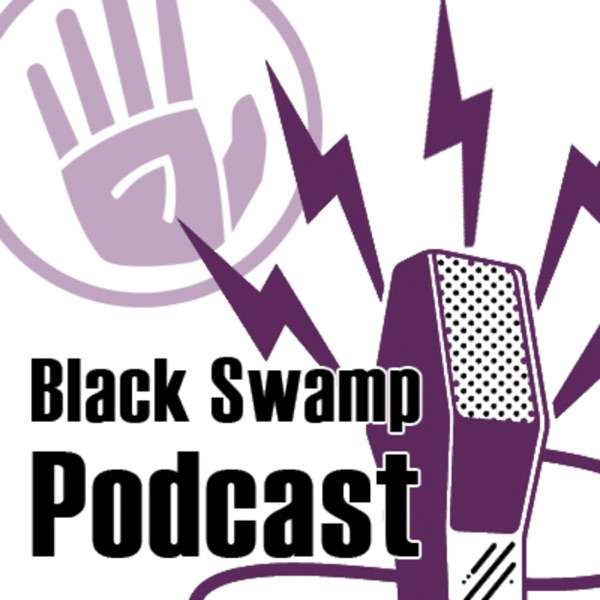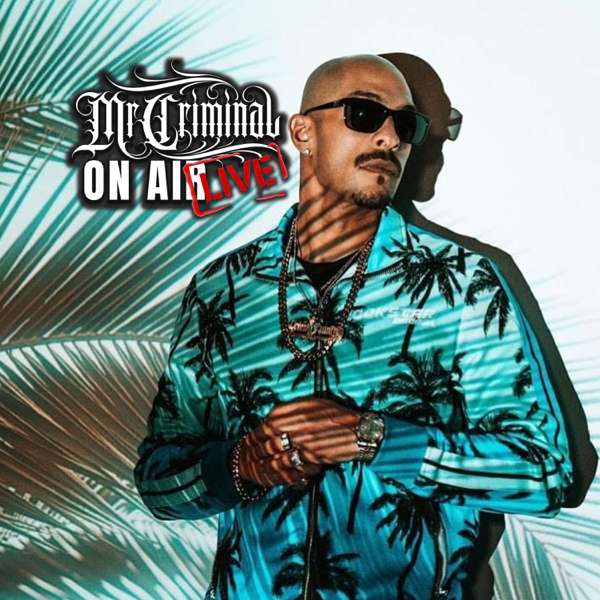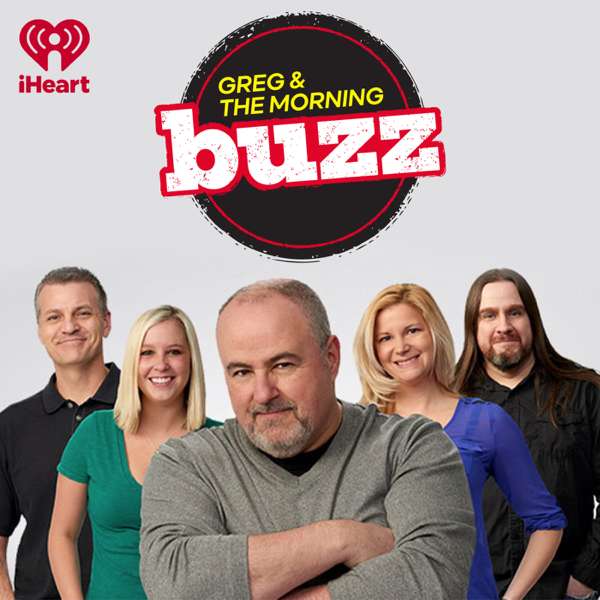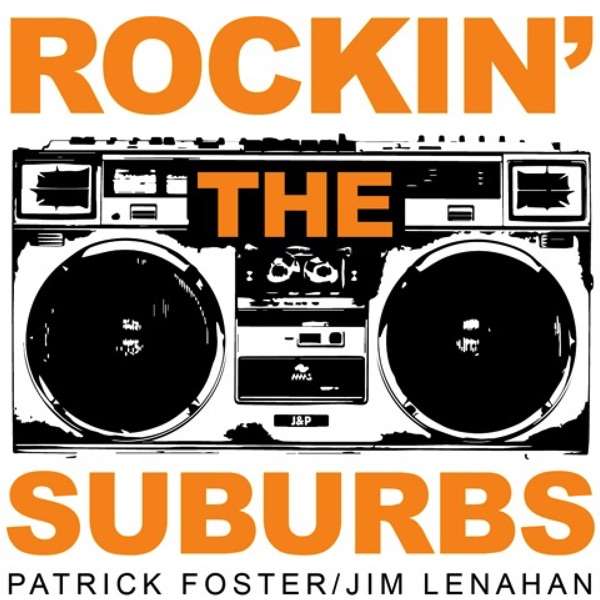Nowadays he's the American Father Christmas, the singer of nearly all the classic Christmas songs, but for several decades he was also the biggest pop star in the world. From his early days singing in The Rhythm Boys with the Paul Whiteman Orchestra (a major band in it's own right in the 1920's), to his breakout solo career in the 1930's, and well into the 1950's with classic movies such as White Christmas -- Bing Crosby is probably the most important singer in American musical history.
With his silky smooth baritone voice and effortless delivery, Bing guided America through the depths of the Great Depression, delivered hope and spirit through World War II, and voiced the exuberant postwar 1950's. He has reportedly sold over a billion records, with 43 number one hits and nearly 400 charting singles between 1931 and 1965. He ushered in the crooner genre, paving the way for Frank Sinatra, Dean Martin, and many others. Bing was an early film star, winning four Academy Awards for Best Song, and hosted a long-running radio show with over 4,000 recordings.
A visionary and astute businessman, Bing invested in Ampex, a small California company which produced the first commercial magnetic tape recorder (originally discovered and prototyped by Jack Mullin). The tape machine proved to be a boon for Bing's demanding radio sessions, which until then had to be performed live in studio. With the tape machine, shows could be pre-recorded in high fidelity, and edited to fit the producer's tight airtime schedules. This allowed Bing to record multiple shows in one session, and experiment with multiple takes, while giving him more time to relax on the golf course afterward.
Bing was everywhere for decades, a true titan of a new era of multimedia, and the voice of multiple generations. While young people today may only know him for his Christmas music, his legacy has influenced every pop star in the twentieth century and beyond.

 Our TOPPODCAST Picks
Our TOPPODCAST Picks  Stay Connected
Stay Connected


